Welcome to Solar Energy
Solar Energy, Battery Storage, EV Charging, Building Weatherization, LED Lighting and More!
Pro Bid Energy’s consultants work with you through every step of your project. Your consultant will help you with everything from matching your energy needs with the perfect equipment to receiving all local, state, and federal incentives. They are standing by to assist, answer any questions you may have, and provide all the details you need when considering renewable energy or energy efficiency for your home, business, or commercial-scale project.

Pro Bid Residential Services
Services tailored for home energy production like solar energy, energy reduction, energy storage, backup power, maintenance, and temporary removal and replacement for existing solar panels.
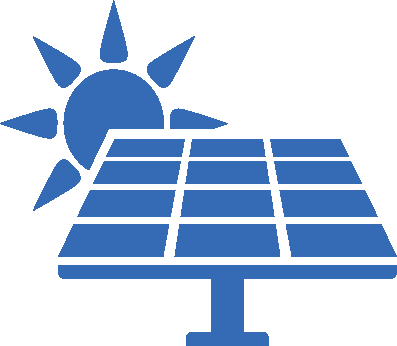
Pro Bid Commercial Services
Pro Bid solar services tailored for business and schools. Services offered range from installations to upkeep, temporary removal, and replacement.
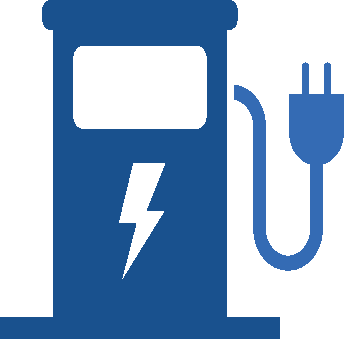
Pro Bid Equipment
Pro Bid's retail arm, some of the products we provide include Solar Panels, Inverters, Racking, Electrical BOS (solar), Batteries, EV Car Chargers, Generators, and Air Purification Systems

Renewable Energy at your Doorstep
Join the future, Get a solar quote from Pro Bid Energy. Solar panels are an investment in both your home and our earth.
What Clients Say About Us
We believe in letting our work and satisfied customers speak for themselves.



Pro Bid Portfolio
Frequently Asked Questions
At Pro Bid Energy we want to provide you answers to the most frequently asked questions. Of course if you have a specific question that is not addressed here please feel free to call or email use with any questions you have.

Split Array
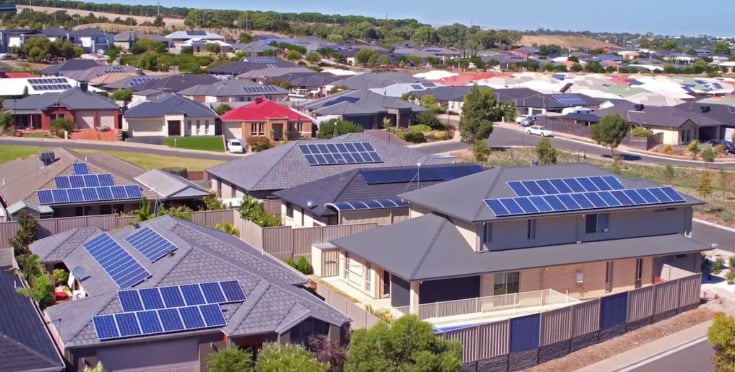
Traditional Array
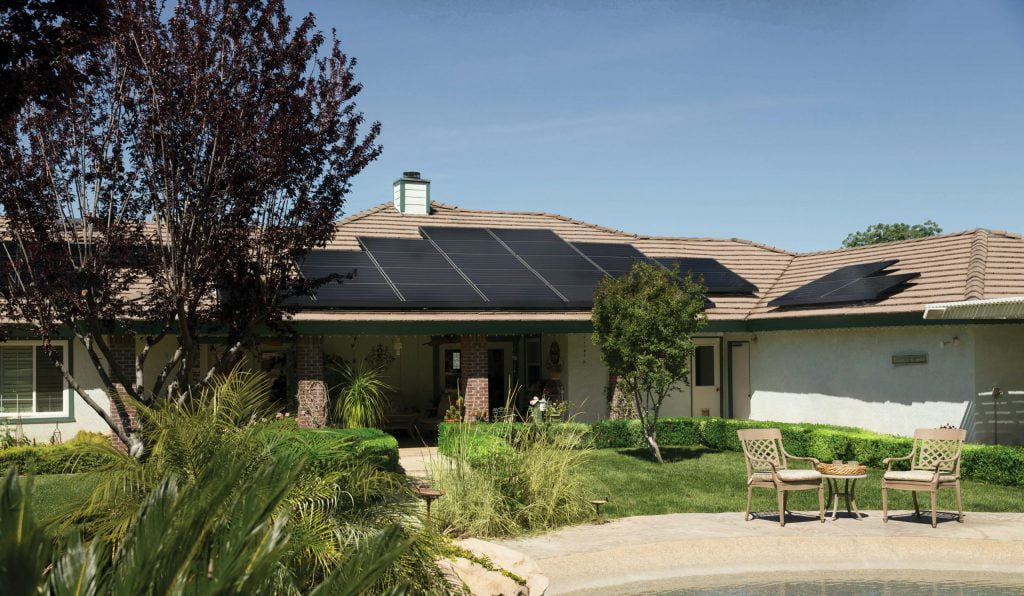
Diagonal Array
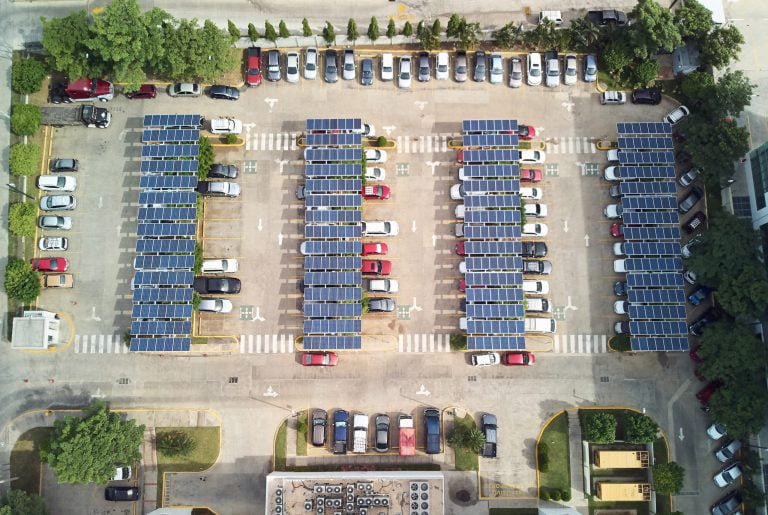
Split Array
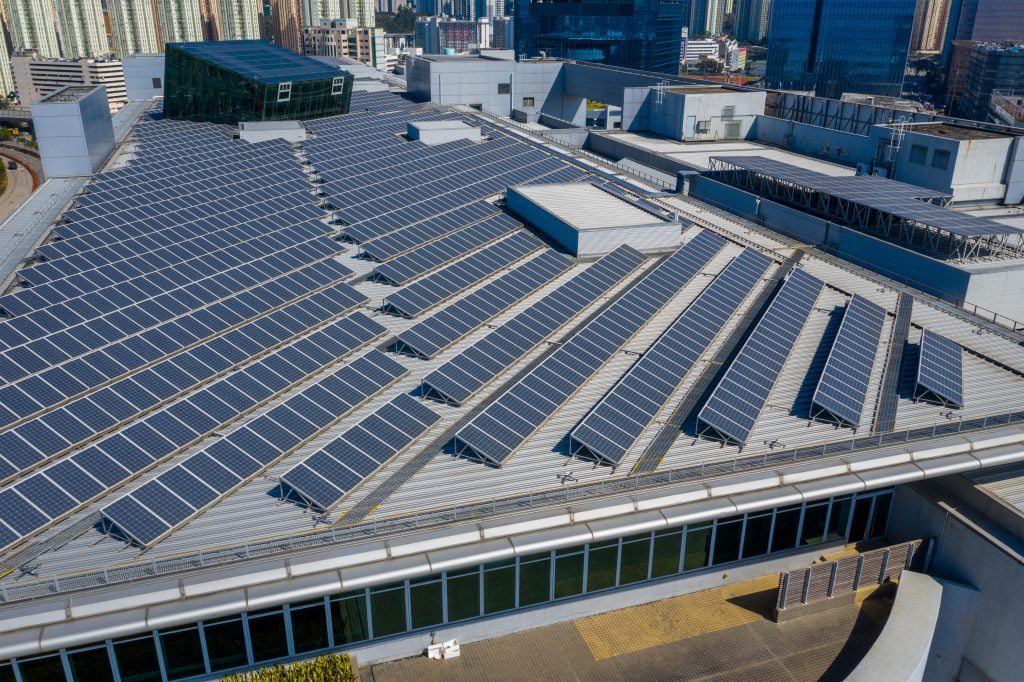
Traditional Array

Diagonal Array

The energy savings provided by solar panels translate into better value for your home. The National Renewable Energy Laboratory (NREL) found that every dollar saved on energy through solar increases home value by $20.
That’s a return on investment of 20 to 1. When you sell your house, these better savings equal bigger profits.
According to Zillow, homes with solar panels sell for approximately 4 percent higher on average than homes without solar energy. That means an added value of about $9,200.
Solar power, like other renewable energy resources, has many environmental and health benefits. Going solar reduces greenhouse gas emissions, which contribute to climate change, and also results in fewer air pollutants like sulfur dioxide and particulate matter, which can cause health problems.
Net metering is the system that utilities use to credit solar energy system owners for the electricity produced by their solar panels. With net metering, you only pay for the electricity that you use beyond what your solar panels can generate.
In Colorado, net metering allows for customers to receive a credit for every kilowatt-hour their solar panels produce at the same price residential customers are charged for electricity, up to 120% of their electricity demand for Investor Owned Utilities (e.g. Xcel Energy and Black Hills) or capped at 10 kilowatts for residential for municipal (e.g. Fort Collins) and cooperative utilities (e.g. electric cooperatives who purchase wholesale power from Tri-State or other power providers). As an example, the Yampa Valley Electric Association, an electric cooperative, provides 1:1 credit for solar up to 100% of production, and then a 3.3 cent credit for generation in excess of 100%.
Any excess production of kilowatt-hours can roll over to the next month’s bill. If the net production of electricity remains above consumption for a calendar year, then the utility must reimburse the customer if they don’t elect to roll it over. In March of 2018, solar-plus-storage systems were made eligible for net metering as well.
If your solar panel system is connected to the grid, it will shut off in the event of a blackout. This is to prevent emergency responders and electricity utility repair-people from being injured by your panels sending power back to the grid. However, there are certain inverters you can buy that provide backup power in a blackout when paired with a battery.
The energy savings provided by solar panels translate into better value for your home. The National Renewable Energy Laboratory (NREL) found that every dollar saved on energy through solar increases home value by $20.
That’s a return on investment of 20 to 1. When you sell your house, these better savings equal bigger profits.
According to Zillow, homes with solar panels sell for approximately 4 percent higher on average than homes without solar energy. That means an added value of about $9,200.
Solar power, like other renewable energy resources, has many environmental and health benefits. Going solar reduces greenhouse gas emissions, which contribute to climate change, and also results in fewer air pollutants like sulfur dioxide and particulate matter, which can cause health problems.
Net metering is the system that utilities use to credit solar energy system owners for the electricity produced by their solar panels. With net metering, you only pay for the electricity that you use beyond what your solar panels can generate.
In Colorado, net metering allows for customers to receive a credit for every kilowatt-hour their solar panels produce at the same price residential customers are charged for electricity, up to 120% of their electricity demand for Investor Owned Utilities (e.g. Xcel Energy and Black Hills) or capped at 10 kilowatts for residential for municipal (e.g. Fort Collins) and cooperative utilities (e.g. electric cooperatives who purchase wholesale power from Tri-State or other power providers). As an example, the Yampa Valley Electric Association, an electric cooperative, provides 1:1 credit for solar up to 100% of production, and then a 3.3 cent credit for generation in excess of 100%.
Any excess production of kilowatt-hours can roll over to the next month’s bill. If the net production of electricity remains above consumption for a calendar year, then the utility must reimburse the customer if they don’t elect to roll it over. In March of 2018, solar-plus-storage systems were made eligible for net metering as well.
If your solar panel system is connected to the grid, it will shut off in the event of a blackout. This is to prevent emergency responders and electricity utility repair-people from being injured by your panels sending power back to the grid. However, there are certain inverters you can buy that provide backup power in a blackout when paired with a battery.
The energy savings provided by solar panels translate into better value for your home. The National Renewable Energy Laboratory (NREL) found that every dollar saved on energy through solar increases home value by $20.
That’s a return on investment of 20 to 1. When you sell your house, these better savings equal bigger profits.
According to Zillow, homes with solar panels sell for approximately 4 percent higher on average than homes without solar energy. That means an added value of about $9,200.
Solar power, like other renewable energy resources, has many environmental and health benefits. Going solar reduces greenhouse gas emissions, which contribute to climate change, and also results in fewer air pollutants like sulfur dioxide and particulate matter, which can cause health problems.
Net metering is the system that utilities use to credit solar energy system owners for the electricity produced by their solar panels. With net metering, you only pay for the electricity that you use beyond what your solar panels can generate.
In Colorado, net metering allows for customers to receive a credit for every kilowatt-hour their solar panels produce at the same price residential customers are charged for electricity, up to 120% of their electricity demand for Investor Owned Utilities (e.g. Xcel Energy and Black Hills) or capped at 10 kilowatts for residential for municipal (e.g. Fort Collins) and cooperative utilities (e.g. electric cooperatives who purchase wholesale power from Tri-State or other power providers). As an example, the Yampa Valley Electric Association, an electric cooperative, provides 1:1 credit for solar up to 100% of production, and then a 3.3 cent credit for generation in excess of 100%.
Any excess production of kilowatt-hours can roll over to the next month’s bill. If the net production of electricity remains above consumption for a calendar year, then the utility must reimburse the customer if they don’t elect to roll it over. In March of 2018, solar-plus-storage systems were made eligible for net metering as well.
If your solar panel system is connected to the grid, it will shut off in the event of a blackout. This is to prevent emergency responders and electricity utility repair-people from being injured by your panels sending power back to the grid. However, there are certain inverters you can buy that provide backup power in a blackout when paired with a battery.
How to Get Started
Pro Bid Energy offers 2 ways to get started
Submit a brief inquiry regarding the service you are interested in and one of our expert consultants will get in touch with you to provide a detailed quote or proposal based on your desired goals.
Call us at 844.4.PROBID and let us know what service you are interested in and one of our expert consultants will provide you with a detailed quote or proposal based your desired goals.

